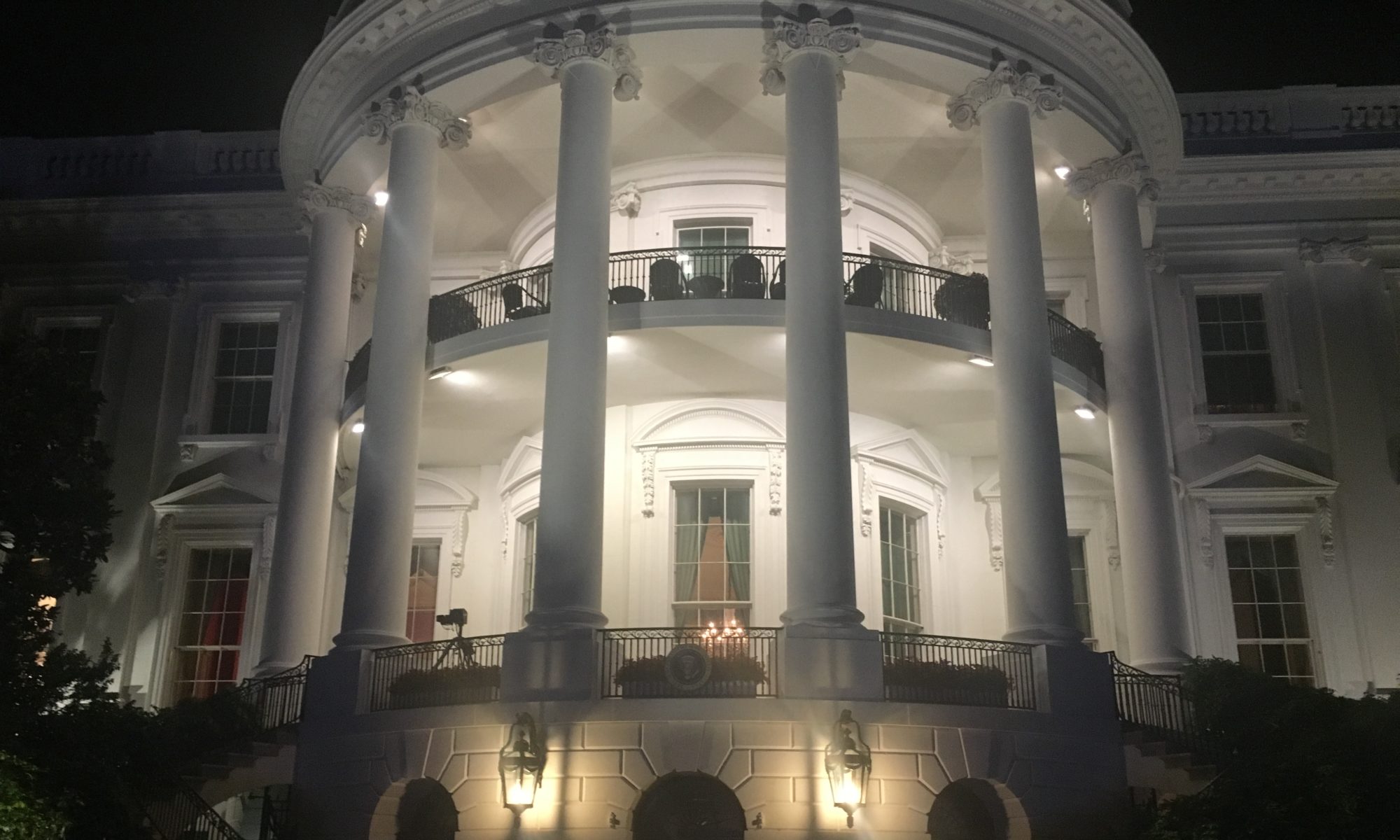March 13, 2019
Yesterday’s news was dominated by the announcement of the indictment of 50 people in a massive criminal operation by which wealthy and prominent parents cheated and bribed their children’s way into elite schools, including Stanford, U.S.C., Georgetown and Yale. The unsealed indictment announced by the U.S. Attorney in Boston detailed a complex scheme that involved cheating on standardized tests (after claiming a disability to obtain extra time); lying about participation and achievement in sports such as crew, tennis, soccer and water polo; and bribing college coaches to falsely state that the students were being recruited, (Source: “College Admissions Scandal: Actresses, Business Leaders and Other Wealthy Parents Charged,” by Jennifer Medina, Katie Benner and Kate Taylor, The New York Times, 3/12/19).
It is hard to even know where to begin in cataloguing the myriad ways in which this sprawling scheme is enraging. There is the fact that parents invented athletic records, making a mockery of the thousands of parents who placed a racket or a bat in their toddler’s hands and spent the next fifteen years shuttling them to farflung games and tournaments chasing the dream of recruitment by a top college or university, in order to secure their children’s future. Then there is the fact that the vehicle for the payments to cheating standardized test proctors and lying college coaches was a nonprofit foundation, giving these wealthy reprobates tax deductible criminality.
No one should be more enraged though, than those of us whose presence at elite institutions of higher learning has been ceaselessly questioned and attacked, from the moment that we started being accepted in larger numbers, in the wake of the civil rights movement. The entirely unexceptional progeny who gained a berth at these selective institutions, whether through legacy admissions or the outright cheating on display here, are the same ones who condescended to their Black and Brown classmates, confident that the students of color were only admitted through the “lowering of standards.”
Set aside, for the moment, the fact that U.S. public schools are more segregated now than at any time since Brown v. Board of Education and that those majority-minority schools offer fewer high level classes and have less qualified teachers, (Source: “Latino, African-American students have less access to math, science classes, new data show,” by Carolyn Jones, EdSource.org, 5/22/18). Set aside the fact that greatest predictor of test scores is family income and that, given the stubborn persistence of structural racism in this country, there is a correlation between wealth and race. Even when Black and Brown kids successfully run the gauntlet set down by this society and get the grades and scores to merit admission to these elite institutions, they find themselves constantly questioned by smug, entitled people steeped in the belief of their own superiority, facts be damned.
This case exposes the hypocrisy of a society that simultaneously tells privileged white kids that they belong everywhere, in spite of their utter lack of accomplishment and tells Black and Brown kids that we don’t belong anywhere, no matter what we’ve done. I don’t know about you, but I never want to hear the word “meritocracy” again.

We operate on a theory that a university can identify with confidence which kids will make the best use of an elite education and consequently, contribute upon graduation, the greater value to the nation and world. Really? We believe this prediction can be made using SAT scores, ACT scores, high school grades, and for some selected schools, an interview. No one has ever tested this theory. The only thing we know for certain about this theory, is that left alone, you get what you got – high income (white and upper class) reliably predicts which kids get the opportunity to make, well, high incomes. The veil is starting to slip with this latest scandal. Can our hubris be far behind?
Lisa, You rock!!! How can I subscribe to your “Journal of the Plague Years?”
Thank you! There is a “subscribe” button on the right margin of the landing page. If you plug your e-mail address in, you should receive notifications whenever I post a new entry.